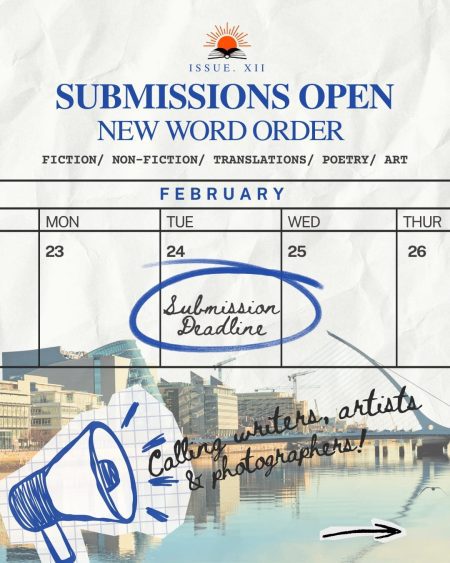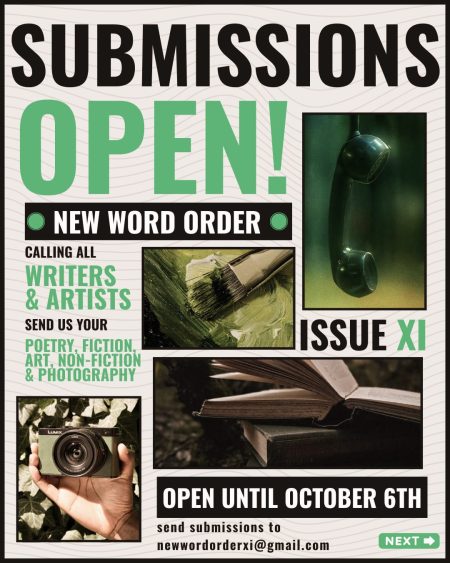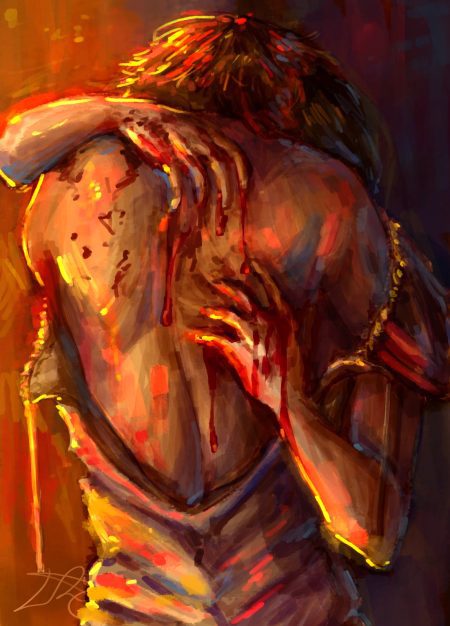written by Tiago Monni. Tiago (he/him) is an Erasmus Law Student coming from Lisbon, Portugal. He also used to write in his home university’s newspaper, the “Jur nal”.
Find the original version here.
Sometimes, in my daily lapses, I remember the nostalgia of waking up as a child who didn’t know what the world was and whose duty was to explore it and discover all its labyrinths and entrails. Nowadays, on the other hand, I’m an expert on the world because I could probably draw a map that included all its paths and hiding places, everything being predictable and expected. So, my only weapon for living is nostalgia: I wish someone could erase my memory and make the past present…
Like many children, I used to assemble my own toys, focused, “glued” to the action. There could be a fire in the kitchen caused by my clumsy brother, or an announcement that the family was going on a big trip, and I’d still be endlessly looking for that damn dangling piece so that I could complete the construction of one of the ten towers I had on the way.
I would spend hours on this activity, “driven” by something I couldn’t identify. Even though the result of the toy was indicated on the box itself, and there was a detailed step-by-step process that would undoubtedly lead me to that result, I took it as my duty to finish the construction that I had started myself, in my own way. On reflection, I discovered that what moved me was a true Mystery, a demand for totality that, even at my tender age, I could sense infinitely stronger and more powerful than the predictable instruction manual that pointed me towards the construction of the pre-formatted image on the box.
Once the construction was finished, I ran straight to my parents’ room. They smiled, and my eyes lit up, knowing I had done something important. At that moment, by carrying out the task I had set myself, I felt a sense of belonging and happiness. I recognised that no instruction manual, no matter how detailed, could instruct me in the beauty embodied in that moment.
Five minutes after leaving their room, I returned and asked for another toy. As beautiful as that adventure had been, I wasn’t satisfied. They scratched their wallets, did the maths and decided on the day of the purchase. As D-Day never came, I stood in the queue, waiting for my ticket.
I’m now twenty years old and have around thirty toys in my collection. They stay there, hermetic in the cupboard, shrouded in dust. Now, I no longer play, I no longer create. I’m left to live sunk in a tide of obvious things, said and repeated by my friends. We’ve played all the games; we’ve even played more than we should. We’ve become the creators of instruction manuals. The Mystery we sought in toys has already been unravelled because we are now masters of our own destiny. What remains is the accomplishment of having done everything and the relief of finally having nothing left to do.
Any unforeseen event, surprise, job to be solved, or unexpected invitation is a fly buzzing in our ear: we kill it straight away. They’re completely artificial, because they wouldn’t have been the fruit of our fruitless creation. Under the banner of our arrogant self-sufficiency, we deliberately censor the new in favour of a comforting well-being in which everything is obvious. Now, after all, the new doesn’t exist.
Months go by, and I don’t even realise how things have changed because everything is still the same, “fine”, “peaceful”, “normal”. Somehow, we create our own timeline. Until the final point when I feel alone, even when surrounded by dozens of friends. I feel weak because it seems I can no longer take reality into my own hands. The atmosphere of condescension among my friends becomes intimidating.
After a few days, I realised our “everything” wasn’t enough. Dissatisfaction returned, the kind that always made me restless as a child. I no longer choose to annul it violently, but to understand it, to reflect on it. I realise that our self-sufficiency had an expiry date after all, because I’m not enough on my own, not even when I’m with my friends.
Simultaneously with this dissatisfaction is a deep nostalgia that tries to distract my memory in search of that childish time when, in order to learn to walk, I wasn’t afraid of falling to the ground; and even then I cried when I hurt my knee. I cried because I felt the impact of life on my skin. A “lived” life, not a supposedly manufactured artificiality.
I miss the child who wanted to build bigger toys and would still be unsatisfied even after finishing the biggest one he had ever been given. I realised that, no matter how powerful I was, I couldn’t quench my heart’s infinite thirst with my own works. I need something different that doesn’t depend on me and can’t be measured by me because I know that if I tried to summarise the power of life in an instruction manual, there wouldn’t be enough paper.
I need to recapture that second before opening my parents’ bedroom door. Everything was unexpected there, and I was even a little afraid that they would be indifferent to what I was about to present to them. However, after a certain amount of hesitation, I would always decide, in an act of courage, to open the door and give myself over to something that didn’t depend on me, but on the work of another. Thus, in a short reminiscence, I discovered that surrender is infinitely more beautiful than possession!
Today, I arrived home after an intense day at university with my friends. I decide to open the most recondite compartment of my wardrobe and end up bursting into tears. However, in the middle of this sea of tears, I manage to say in a trembling voice: at the age of twenty, I refuse to have built my last toy yet.
Image: Untitled 3 by Harsh Khatri
Being a single father of two, Harsh (he/him) explores his creative side through the form of photography. He takes great pride in this as he wishes to share his outlook on the world through a camera lens and to inspire young and old to take up photography.




Pingback:Por Que Não Continuamos A Brincar? - New Word Order